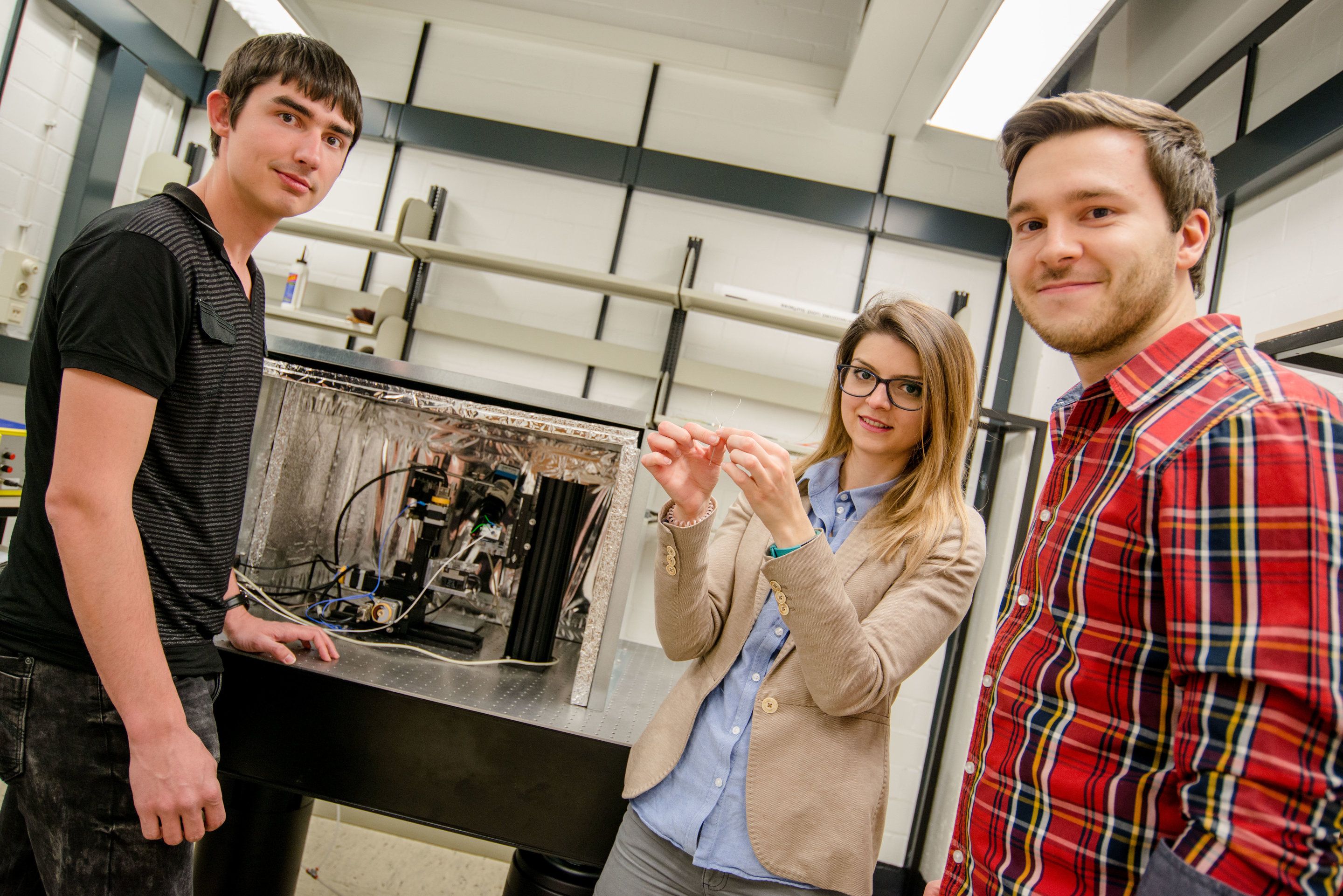
This is a fairly common response to the discussion of extending healthy human lifespans. The idea that fear of dying is the only thing that motivates the advocates, supporters, and scientists working on rejuvenation biotechnology and ending age-related diseases.
These days, war is not really portrayed in a very good light. When we think about war, we think about genocide, mass murder, and slaughter, and we call for an end to it. The popular sentiment is that war is bad and we should just do away with it. However, once upon a time, things were rather different, and soldiers fighting wars were not seen as victims of mindless violence. Losing your life in battle was considered glorious and noble, and your family would be proud of you for fighting in the name of your country, your God, or whatever. People who were afraid of dying and refused to fight were regarded as cowards, most certainly not as pacifists of a strong moral fiber, and were possibly executed; being a conscientious objector was not yet a thing, and human rights weren’t either.
This is sheer madness to us, but back in the day, it was entirely normal. Most of us will probably think people must have been crazy to let themselves be fooled into believing such nonsense, but that’s the power of propaganda for you.
The modern age of pro-death propaganda
However, the story is not completely over even today. This may be because of past glorification of death, stale ideas about the “circle of life”, a widespread coping mechanism, or a combination of the three, but at least in certain circumstances, being afraid of death is still seen as a sign of cowardice and sometimes also inferiority.
Read more









